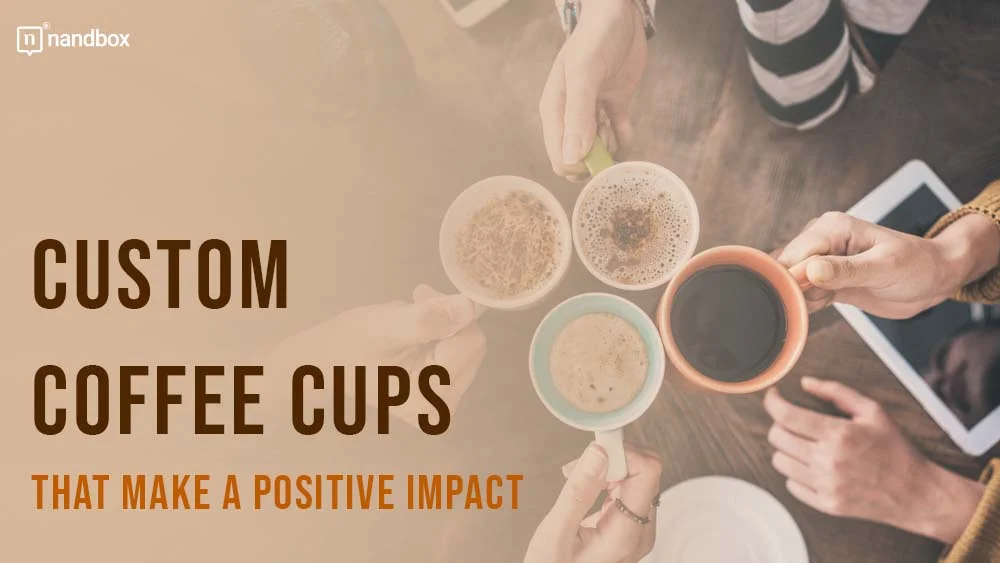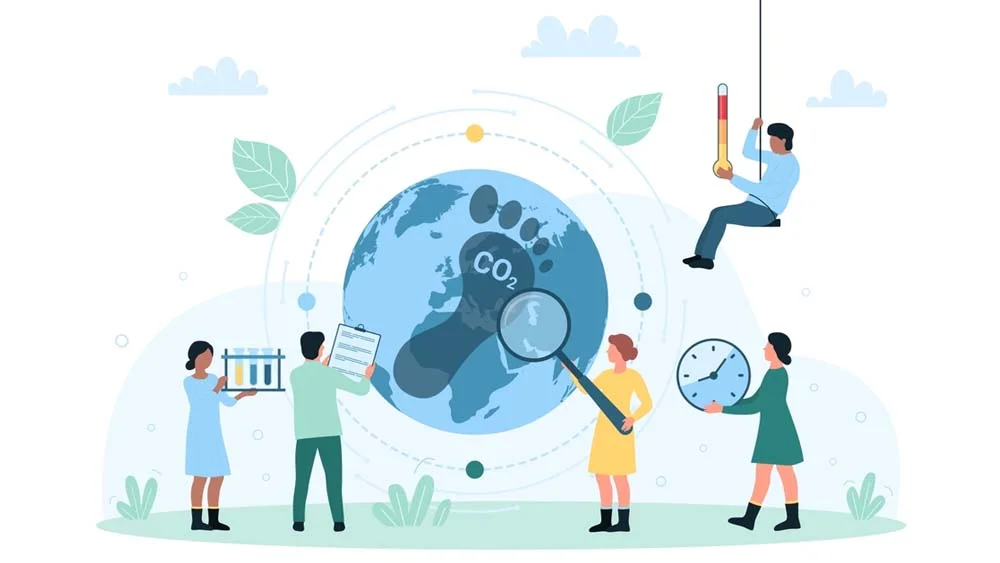Choosing the right custom coffee cups for a sustainable event can make a significant difference in reducing environmental impact. Eco-friendly cups—and even those of ethically sourced coffee brands like Javy Coffee and so many others—such as those made from biodegradable materials or reusable options, help decrease the waste produced during events. By incorporating these sustainable alternatives, event planners can ensure they are making environmentally responsible choices while still providing convenience and style for attendees. Custom coffee cups are perfect for sustainable event planning. Many of these cups are crafted from materials like bamboo fiber or compostable PLA, which decompose naturally and minimize harm to the environment. With options made from organic bamboo fiber and food-grade silicone, event planners can offer eco-friendly solutions without sacrificing practicality or aesthetics. These sustainable choices also provide excellent branding opportunities, reinforcing a company’s commitment to environmental responsibility.
Switching to eco-friendly custom cups can greatly improve the appeal and impact of any event. By using reusable or compostable cups, organizers can significantly cut down on waste and promote a greener lifestyle. For instance, custom groomsmen beer glasses or personalized wedding cups made from glass or stainless steel serve a dual purpose: they reduce waste and offer guests a memorable souvenir. Event planners who prioritize sustainability will not only help protect the environment but also build a reputation for eco-conscious hosting.
Materials and Design for Sustainable Coffee Cups
Sustainable custom coffee cups are important for reducing environmental impact at events. This section discusses various eco-friendly materials and design features that improve reusability and sustainability. Options include biodegradable materials such as plant-based plastics and recycled paper, which significantly lower the carbon footprint. Additionally, innovative designs like double-walled insulation can eliminate the need for additional sleeves, further reducing waste.
Exploring Sustainable Materials
Many sustainable coffee cups are made from materials that can easily break down or be recycled. One common material is paper lined with biodegradable coatings like PLA (polylactic acid) derived from plants. PLA is a significant improvement over traditional plastic linings, as it decomposes naturally and safely.
Another sustainable option is bamboo. Bamboo grows quickly and requires few resources, making it an excellent alternative. Additionally, cups made from reclaimed or recycled paper are popular. These materials help lessen the demand for new resources.
Glass and stainless steel are other alternatives. They might not be disposable, but they can be reused many times. Using sustainable custom coffee cups made from these materials can significantly reduce waste.
Design Considerations for Reusability
When designing reusable coffee cups, several features ensure durability and convenience. The cups should be easy to clean and dishwasher safe, allowing multiple uses without rotting.
They should also come in various sizes to cater to different preferences. Some designs include insulation to keep beverages hot or cold longer, improving user experience.
A secure, spill-proof lid is essential for on-the-go use. Additionally, making the cups stackable can save storage space, making them more practical. A good design will also incorporate some personalization options. For example, many custom coffee cups offer a range of mix-and-match colors and designs. These features encourage people to use the cups regularly.
Eco-Friendly Disposable Cup Solutions
For events where reusable cups aren’t practical, eco-friendly disposable cups are the next best thing. Many of these are made from paper lined with plant-based materials. These cups are biodegradable, breaking down in composting facilities, thus reducing landfill waste.
Another option includes compostable PLA-lined cups, which provide a waterproof barrier while being eco-friendly. Brands like Templi offer different sizes and designs, allowing customization for events. Disposables can also be sourced from recycled materials. Using pre-existing resources to create new products helps minimize environmental impact, making sustainable custom coffee cups an effective choice for eco-conscious event planning.
Implementing Sustainable Practices in Event Planning
Incorporating sustainable practices in event planning involves reducing waste, minimizing carbon emissions, and improving user experience. These strategies not only benefit the environment but also promote a positive image for the event. Using eco-friendly materials and partnering with green vendors can further reinforce your commitment to sustainability. Educating attendees about your sustainable efforts can also encourage their participation and support, creating a more impactful and responsible event.
Waste Management Strategies
Effective waste management is important for sustainable events. Planners can start by providing recycling and composting stations throughout the venue. Encourage the use of compostable plates, cups, and utensils helps reduce landfill waste. Utilizing a commercial composting facility guarantees that organic waste is handled responsibly.
Event organizers should avoid single-use items like disposable coffee cups and opt for reusable options. For giveaways, choosing items like reusable tote bags or stainless steel water bottles can make a significant difference. Clear signage and communication about waste disposal help attendees participate in these efforts.
Reducing Carbon Footprint at Events
Reducing the event’s carbon footprint involves various strategies. Selecting a sustainable venue that uses renewable energy sources like solar or wind power is a great start. LED lighting and energy-efficient appliances also contribute to lower carbon emissions.
Using digital communication methods like e-tickets and online programs reduces paper waste. Encouraging carpooling, public transport, or biking can minimize transportation-related emissions. Offering virtual attendance options can further cut down on travel and associated emissions.
Conclusion
Custom coffee cups can make a significant impact in sustainable event planning. Choosing reusable options, like those made from biodegradable materials or stainless steel, helps reduce waste. These eco-friendly cups not only benefit the environment but also enhance the attendee experience. By selecting sustainable coffee cups, event planners are committing to responsible practices. Incorporating custom, reusable coffee cups into events is a straightforward way to go green.




